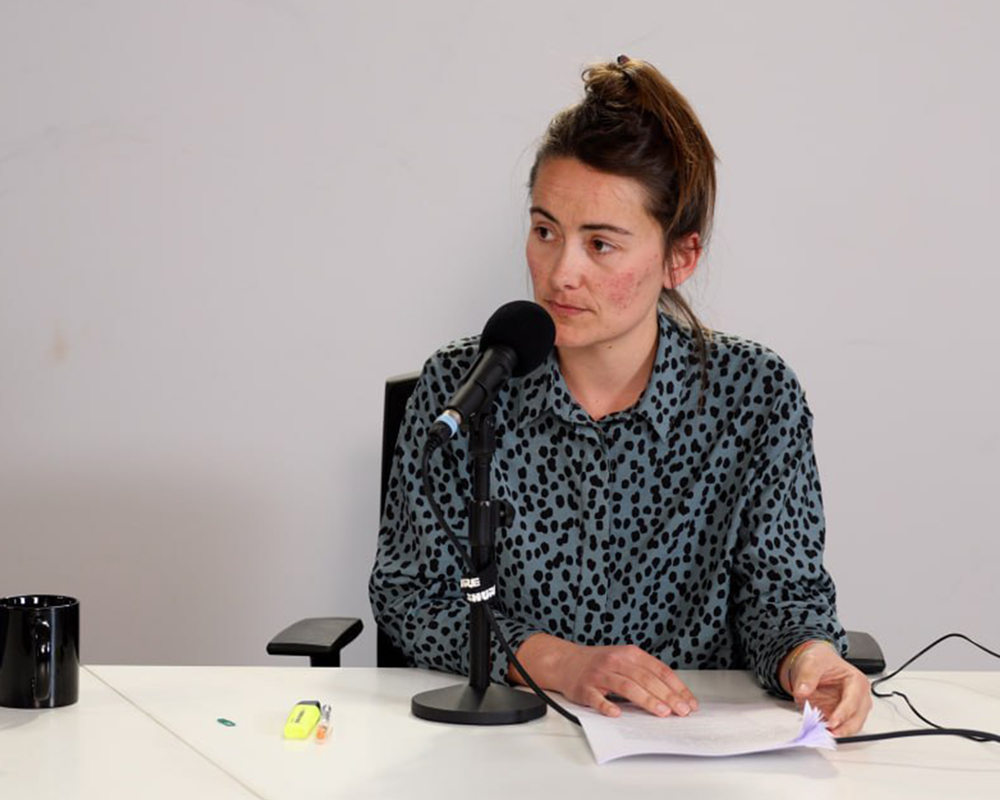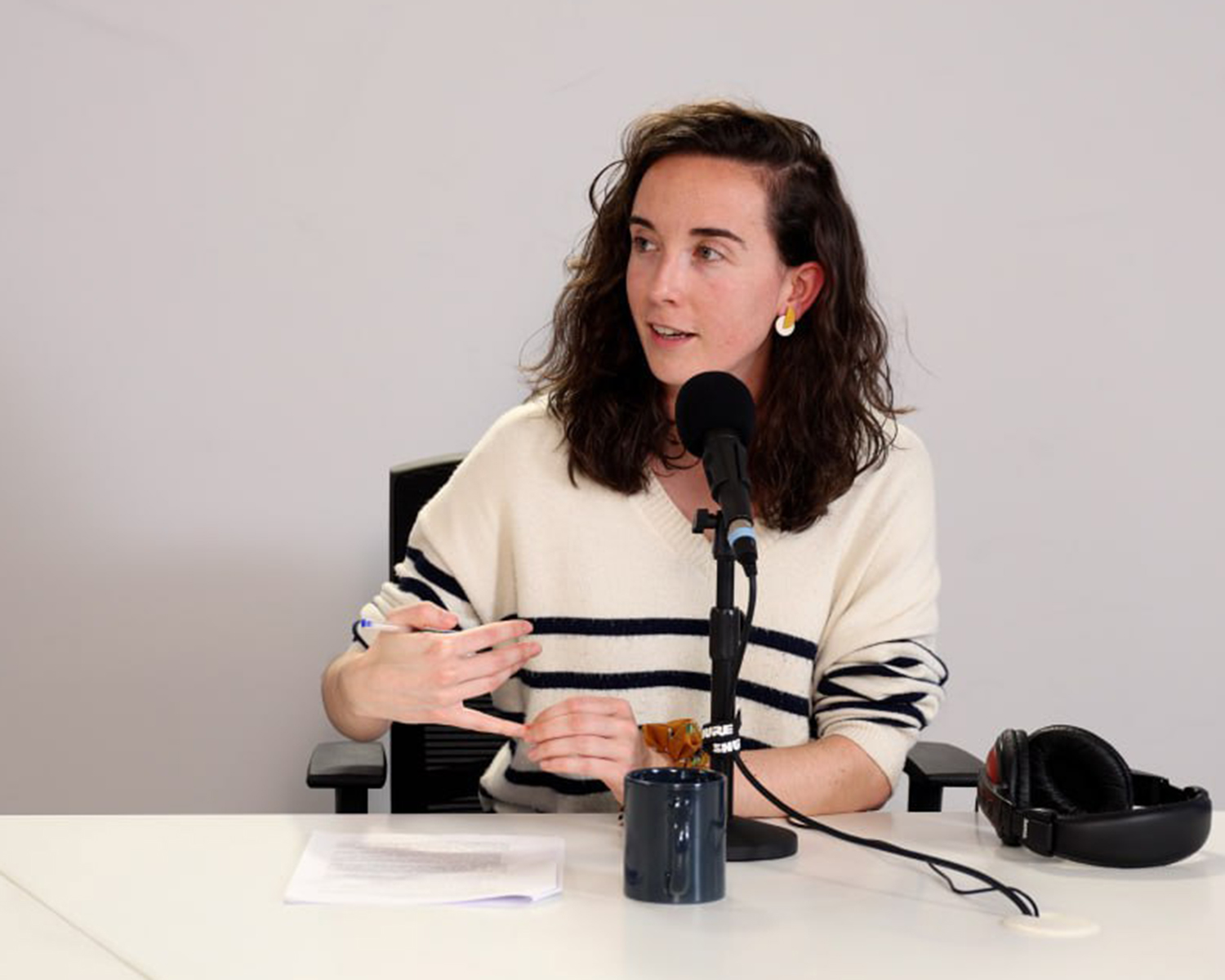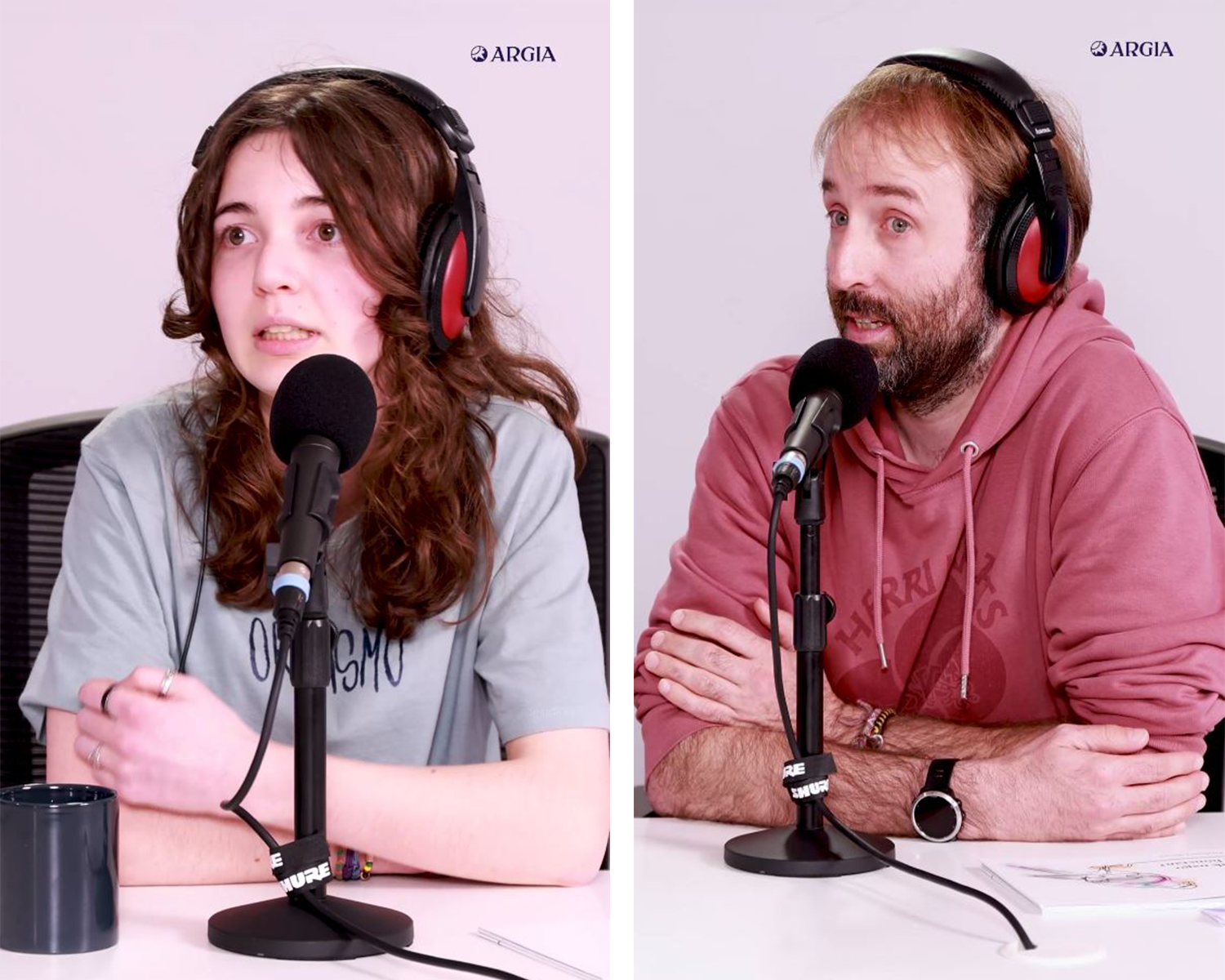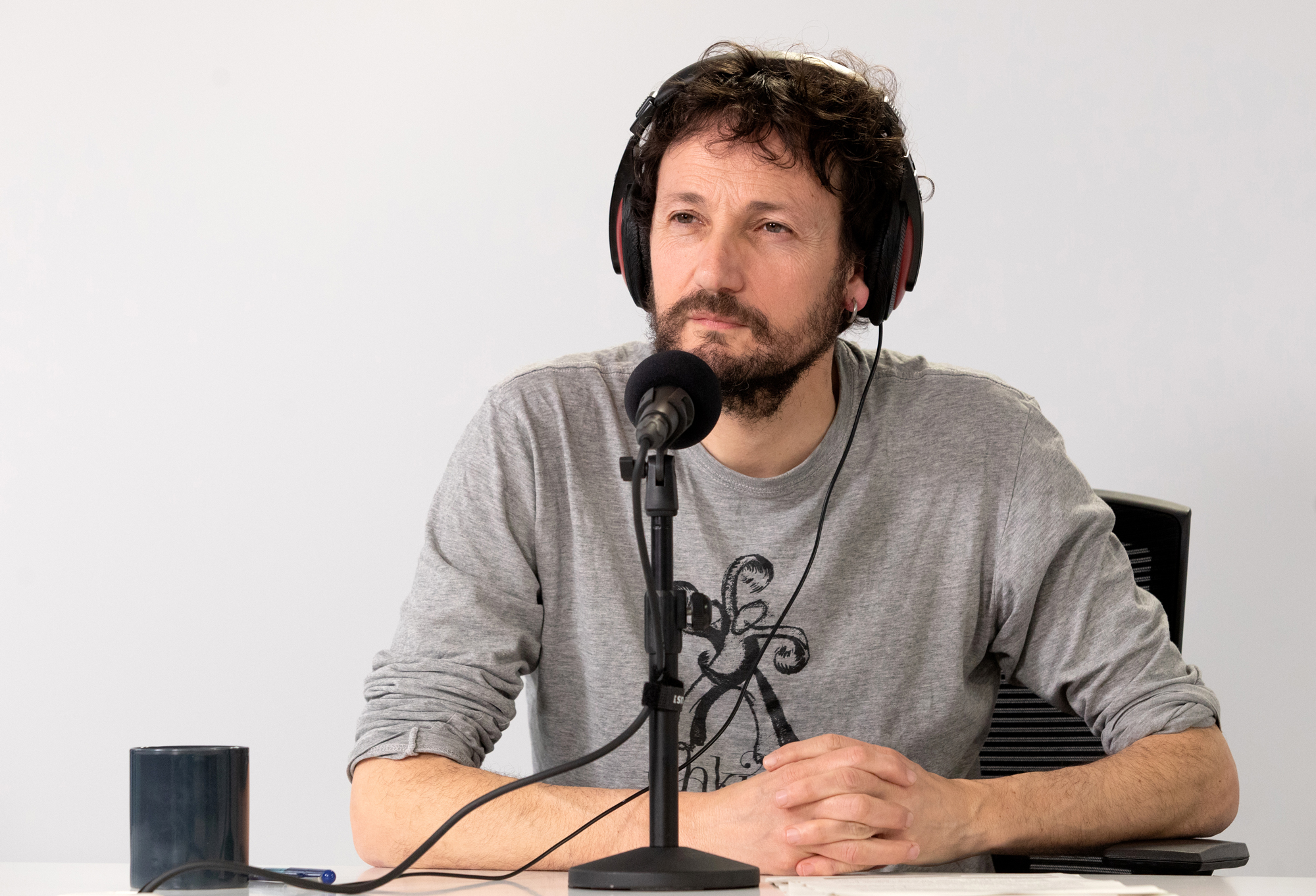Yes to emotions, no to emotivism
- Feelings has been the theme of the sixth episode of the podcast Wild Questions, around which Iñigo Martínez and Gari Moya have crossed love, hate, sadness, anger... Let’s talk about feelings and emotions, but also reflect, let’s reflect:"It has become fashionable to talk about emotions, and there is a lot of talk, yes, but very little reflection."

It is said that when Julius Caesar crossed the Rubicón River and there was a battle between the Romans and the Italians, after winning it and returning home, he freed his horses as a gesture of love for them so that they could live carelessly in the pastures that surround them. The horses, however, took it with sadness to separate themselves from the owner, and cried. We do not know whether this sadness lasted for a long time, because it would take Julius Caesar a short time to catch another horse next door. To hate the owner, but I wouldn't want to think they'd come; if they did, it would be sooner.
Eros and tanatos. Love and hate. These are the two basic human feelings. We would say that we should prioritize love and reject hate as much as possible, but for Gari Moya, professor of philosophy and member of the Association of Curiosity, both are necessary for us, both have their value. "I find it harder to feel hatred than love, but we actually live in a society of hatred," Moya says.
Martinez asks Moya what emotion is made interesting and responds with surprise because "that is where the questions of life come from." Children are the first philosophers, more than adults: "I have a little nephew who freaks out about everything, what this is, what that is, why... Surprise can be the engine of wisdom."
Apart from his studies in philosophy, Moya also studied psychology, but he did not see the profession clearly. His eyes were opened by his children's philosophy sessions at the Gernika Peace House, "where I saw that this was the way". In fact, in his opinion, the model to be overcome is that the philosophy teacher "is throwing away the plates for hours", puts the students to take notes and vomits when the day of the exam comes. Moya has much more practical ways to teach, she explains on the podcast.
"We are not used to giving lessons of this kind in this way, and although at first they take it with great surprise, then they do it with sincerity, they accept the dynamic, we give them the word and they are satisfied and satisfied," says Moya, who gives an example of what he has seen in some classes: "It seems magical to me that the teachers sit down, put themselves as guides and when they see where the program should go, they know what I am looking for as a teacher; how they listen to each other, how they ask for counterexamples... And when I hear in the debate between them 'what you said is a fallacy', supplemented by arguments, I feel that I have done my job."
"We are falling into a pure emotivism"
"It has become fashionable to talk about emotions, and there is a lot of talk, yes, but very little reflection," said Moya. In the end: “We are in a state of pure emotivism.”
Not only is it happening, according to Moya, in the sphere of relations, but in the political sphere, emotivism is becoming more and more prevalent. And he sees a problem there: "What we feel becomes more and more reason, which should not be so, because we are risking falling into a fallacy constantly, and feeling offended, sad, or angry does not mean that you are right." And Moya believes that this is often done by the far left and especially the far right, “reflection disappears and emotions are used to make propaganda.”













